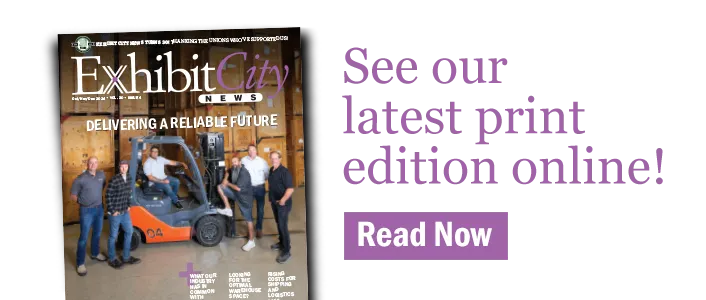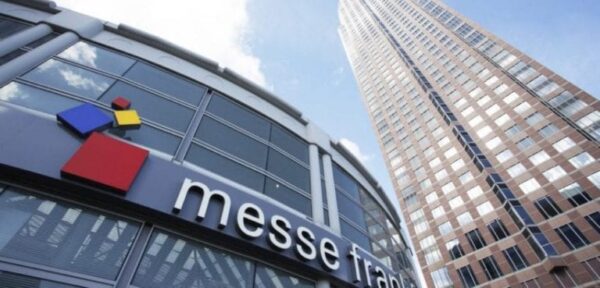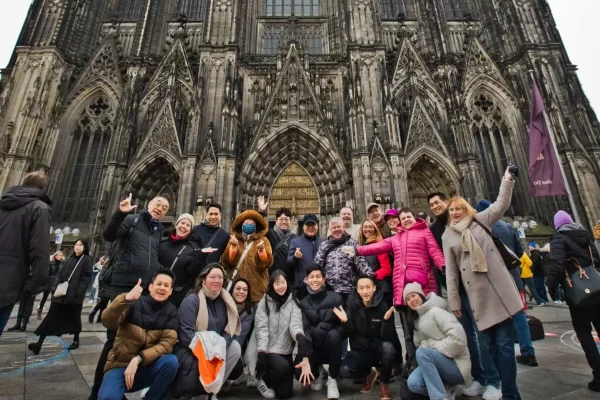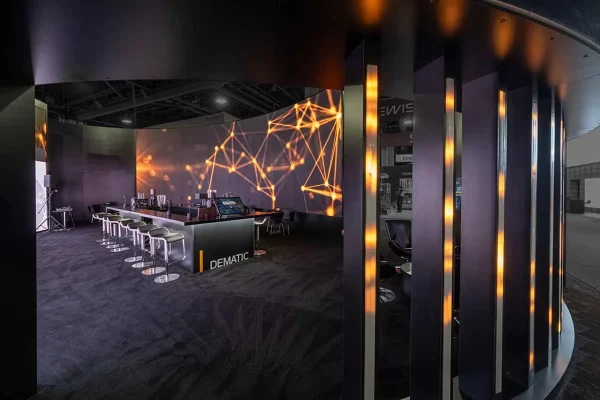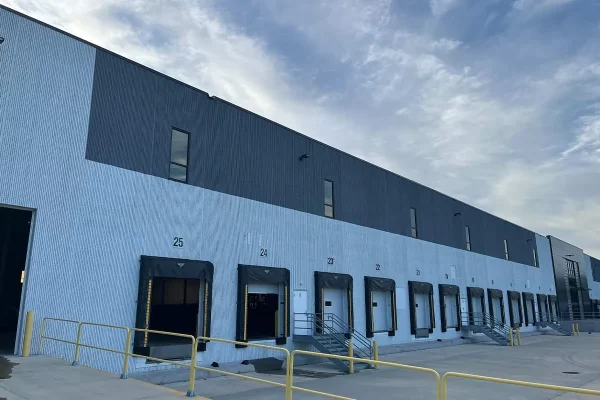The government of India has issued new guidelines under the Unlock 5.0, allowing Business to Business (B2B) exhibitions to resume with effect from October 15, with new SOPs as issued by Department of Commerce.
As India moves towards a gradual removal of the lockdown, businesses are showing strong resilience in the face of crisis as they begin to re-start operations slowly. Assessing the impact of the pandemic on industries, the biggest challenge businesses face is business continuity as several industries are reeling under the effects of a disrupted sourcing and supply chain.
A market survey of more than 1,000 professionals from across the country was conducted by Messe Frankfurt Trade Fairs India Pvt Ltd. in June 2020 & September 2020 to examine the shifting business climate and the state of mind of the most senior buyers at Messe Frankfurt India trade fairs during this period. The key objective of the “Senior Management Survey” was to gauge the business and purchase behavior amidst the pandemic that has affected businesses of MFI stakeholders and the cross-collaboration that Messe Frankfurt India can enable through its virtual tools through emphasis on sourcing alternatives or the need and intention to visit exhibitions for trading.
According to the study, those who held off purchases do so no longer due to cash flow issues—a prime consequence of the pandemic in the earlier months, but rather because they can’t find the right suppliers (35.56 percent).
The study covered a wide range of industry sectors from the automotive, textiles, building technologies and consumer goods, showing that 88 percent respondents relied on exhibitions to help them with their purchase decisions. Over 90 percent of respondents affirmed that trade fairs allow them to touch and feel the product as well as to build a relationship with the seller which are key factors for making an effective purchasing decisions.
While there has been a strong shift with regards to the purchasing behavior from June (53 percent) to September (63 percent) with a rise of 10 percent in purchasing activity, most buyers cannot find right suppliers while others cannot find stocks (12.97 percent), cannot import (13.81 percent), as per company policies (20.08 percent), or would like to wait for exhibitions (24.27 percent). Even as other sourcing alternatives such as online events, webinar and WhatsApp are picking up, 59 percent buyers are finding it difficult to make purchasing decisions during Covid-19.
As purchasing activity has increased across the board, willingness to attend exhibitions also saw an increase with respondents looking at visiting the next exhibition “as soon as possible” registering the highest increase of 10 percentage points.
In this regard, the role of the exhibition industry will also become much more significant in terms of rebuilding customer connections, supporting the exchange of knowledge and technology as well as restoring business continuity and growth in the economy. Given the current environment and the increased intent of visiting trade fairs, Messe Frankfurt has been strongly focusing towards developing standard protocols and a framework for enhanced measures for hygiene and safety at their exhibitions and conferences in India.
It was also interesting to note that while only 16 percent respondents attended online exhibitions in June, this trend has quickly shifted to 29 percent in September showcasing that hybrid exhibitions will play a vital role in future.
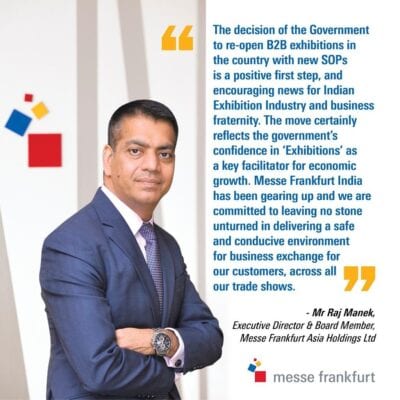 Raj Manek, managing director, Messe Frankfurt Trade Fairs India Pvt Ltd explains, “Technology will play a significant role in enhancing the experience of physical exhibitions in future, so as organizers we are using this as an opportunity to build our digital tools more rapidly and open up new avenues for business that can intelligently complement our existing tradeshows. As a group that has been into the trade fair business since centuries, we strongly believe that business relations and personal encounters at exhibitions will be irreplaceable but offering a hybrid platform will become a standard feature at our physical events, so that we continue to enable our customers to expand reach and transform virtual connections into face-to-face interactions.”
Raj Manek, managing director, Messe Frankfurt Trade Fairs India Pvt Ltd explains, “Technology will play a significant role in enhancing the experience of physical exhibitions in future, so as organizers we are using this as an opportunity to build our digital tools more rapidly and open up new avenues for business that can intelligently complement our existing tradeshows. As a group that has been into the trade fair business since centuries, we strongly believe that business relations and personal encounters at exhibitions will be irreplaceable but offering a hybrid platform will become a standard feature at our physical events, so that we continue to enable our customers to expand reach and transform virtual connections into face-to-face interactions.”
Known for its trade fair history of 780 years, Messe Frankfurt is the world’s largest trade fair, congress and event organizer with its own exhibition grounds. The Indian subsidiary, with a portfolio of 20 trade fair brands and more than 30 conferences, hosts some of the country’s leading trade fairs such as LED Expo (Mumbai & Delhi), Light India, Media Expo (Mumbai & Delhi), Techtextil India, ACMA Automechanika New Delhi, Rail India conference, NGV India Summit among others, covering the automotive, automation, lighting, technology, textiles, consumer goods, entertainment, media and creative industries.
Globally, Messe Frankfurt has “restarted” exhibitions with the opening of Intertextile Shenzhen Apparel Fabrics and Yarn Expo in July 2020 in China and the Summer Nordstil in September 2020 in Germany. “The survey results also go on to show the crucial role exhibitions can play in enabling Indian businesses to find right sourcing partners amidst the current environment and more so in the post-covid era,” says Manek.
Messe Frankfurt is the world’s largest trade fair, congress and event organizer with its own exhibition grounds. With about 2,600 employees at 29 locations, the company generates annual sales of around €736 million. They have close ties with their industry sectors and serve their customers’ business interests efficiently within the framework of their Fairs & Events, Locations and Services business fields. One of the Group’s key USPs is its closely-knit global sales network, which extends throughout the world. Their comprehensive range of services—both onsite and online—ensures that customers worldwide enjoy consistently high quality and flexibility when planning, organizing and running their events. The wide range of services includes renting exhibition grounds, trade fair construction and marketing, personnel and food services. Headquartered in Frankfurt am Main, the company is owned by the City of Frankfurt (60 percent) and the State of Hesse (40 percent). For more info, visit www.messefrankfurt.com




